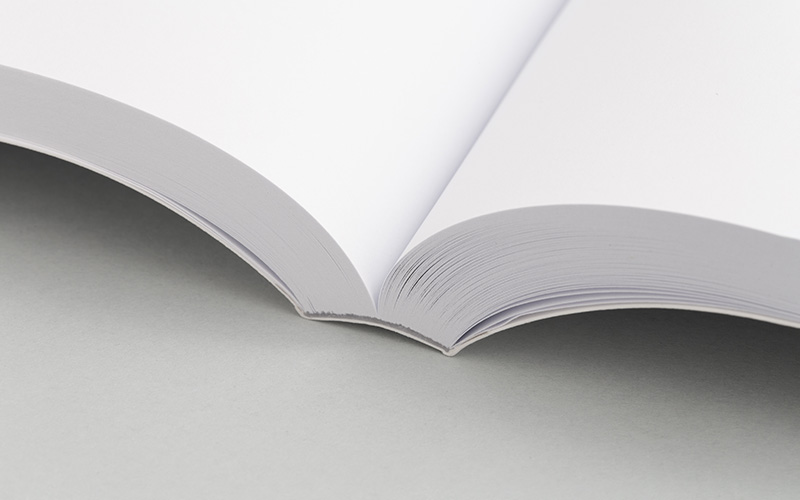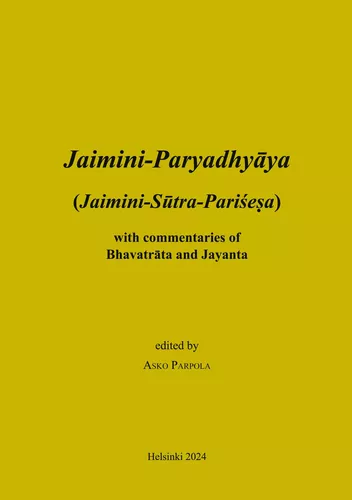This book publishes primary sources on ancient South Asia.
The Jaimini-Paryadhyaya (JPA) alias Jaimini-Sutra-Parisesa is a Samavedic text composed in Sanskrit around the sixth century BCE. It was known to have once existed from a few quotations from it in commentarial literature. It was discovered by Asko Parpola in 1966 in a unique miscatalogued manuscript in the Tanjore Maharaja Serfoji's Sarasvati Mahal Library in Thanjavur, Tamil Nadu, South India. A rather exhaustive decades-long hunt for manuscripts of Jaiminiya texts in South India and elsewhere did not produce any further manuscripts of this text; but another unique manuscript from the Thanjavur library, Candrasekhara's Prayoga-Vrtti, a Medieval work, contains many quotations from it.
Jaimini-Paryadhyaya is a previously unknown Vedic text. It complements the Jaimini-Srauta-Sutra of the Jaiminiya school of Samaveda, which is much shorter than the parallel texts of the Kauthuma and Ranayaniya schools, the Latyayana-Srauta-Sutra and the Drahyayana-Srauta-Sutra.
The JPA has been commented in Sanskrit by Bhavatrata and his student and son-in-law Jayanta, who lived in the South Indian state of Kerala around 700 CE. Their commentary, which cites the commented passages of the JPA only by their first two and last two syllables, was first published, with many errors, in 1966 by Premnidhi Sastri on the basis of a single faulty manuscript. The present edition is based on the best existing manuscripts, all from Kerala.





Kirjasta ei ole ilmestynyt lehdistöarvosteluja.